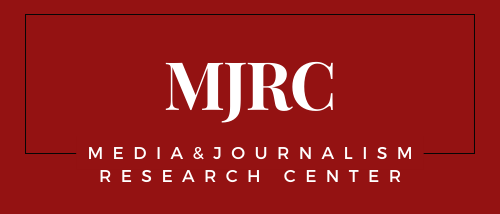Media Influence Matrix United Kingdom: Methodology
The country reports in the Media Influence Matrix series aim to research the changing landscape of:
- government and policy space, with a focus on the changes in the policy and regulatory environment;
- funding, with a focus on the key funding sources of journalism and the impact on editorial coverage;
- technology in the public sphere, with a focus on how technology companies, through activities such as automation and algorithm-based content distribution, impact news media and journalism.
The research focuses on news media, including newly emerged players. The study is neither aimed at exhaustively mapping the entire media industry nor is it intended to target specific media sectors. Instead, it maps the most popular and most influential news media on a country by-country basis and analyzes their changing relations with politics, government and technology companies.
Researchers are collecting data and information following a common set of research guidelines (See Research Guidelines in Appendix below). The analysis in these reports is carried out by researchers with experience in the country, under the guidance of a team of editorial supervisors and experts. The reports are reviewed by a team of experts selected by our advisory boards.
For each country report, a list of sources used in each chapter of the report is available. In the categorization of technology companies in all country reports we used the methodology of the Ranking Digital Rights project, which divides companies in two groups. The first group, internet and mobile, includes the so-called “mobile ecosystems,” companies that create mobile devices and products. In the second category, telecommunications companies, we include service operators that offer connection and access services such as voice, data or cable connections.
For detailed information on the data collection methodology for the Media Influence Matrix report on the United Kingdom, download the pdf below.
Media Influence Matrix United Kingdom (2021): Methodology
Invest in independent media research and join a community of practice.
Your contribution supports MJRC’s investigations and global analysis. As a supporter, you can receive early access to new findings, invitations to small-group briefings, inclusion in our Supporters Circle updates, and the option to be listed on our Supporters Page.
Contribute to MJRC